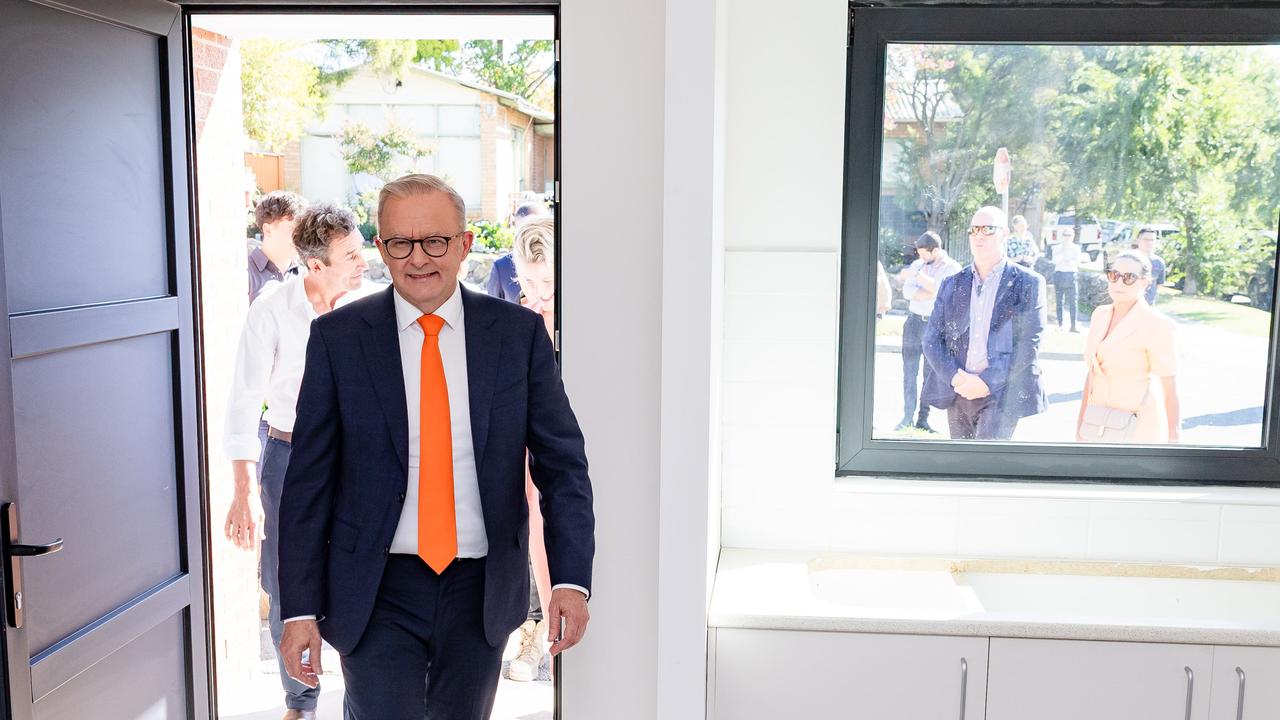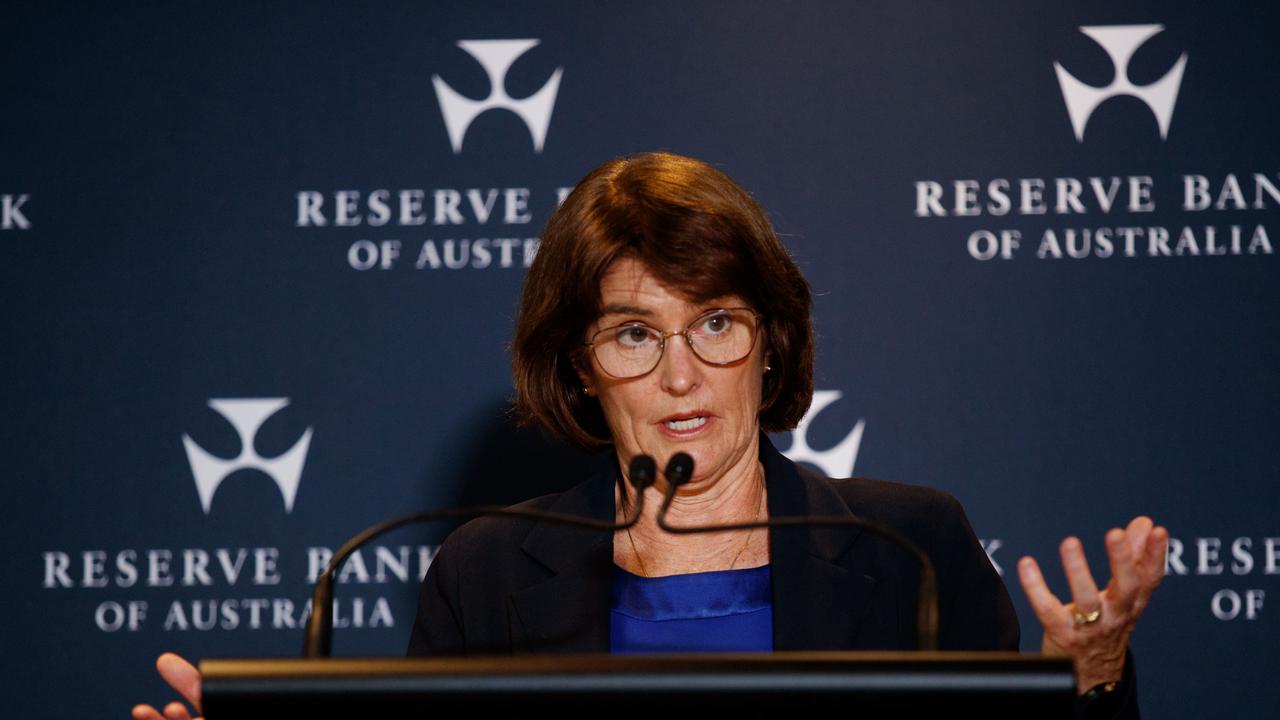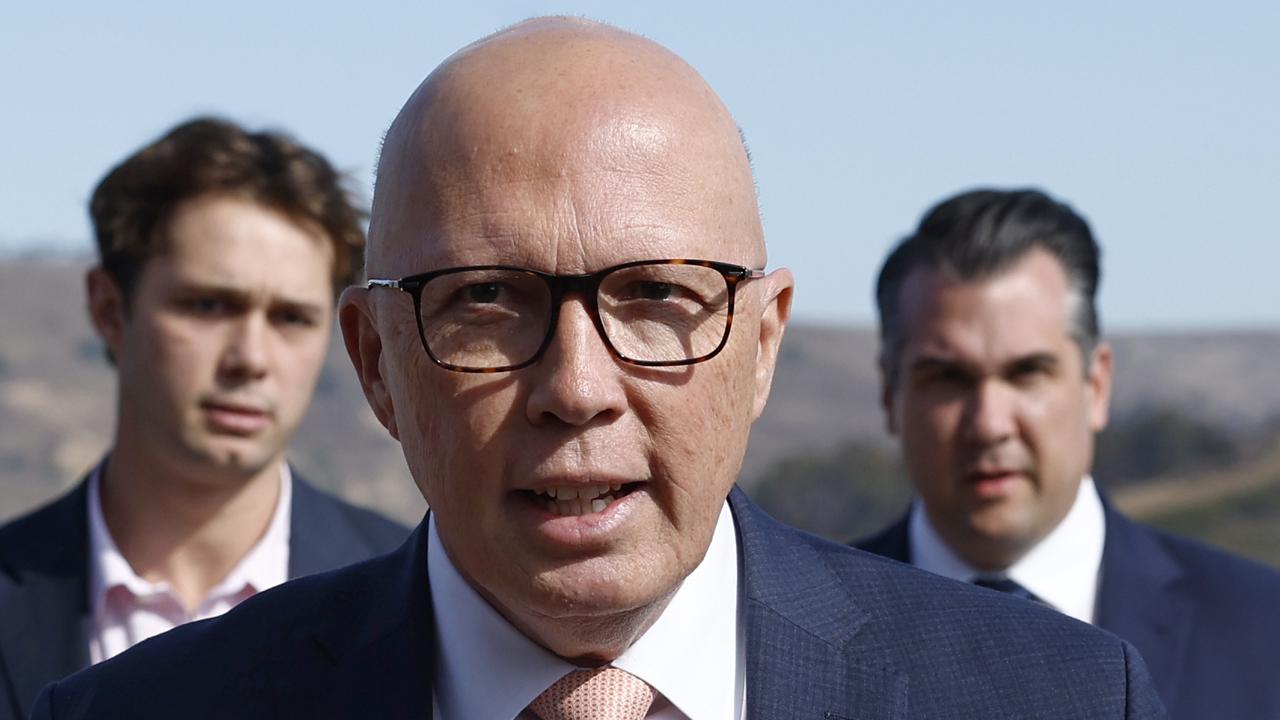RBA leaves cash rate on hold in July
THE Reserve Bank has kept the official cash rate on hold at 1.5 per cent, but the “days of cheap money could be numbered”.
THE Reserve Bank has kept the official cash rate on hold at 1.5 per cent for its 10th meeting in a row, but the relief may be short-lived as experts warn rate hikes are not far off.
The cash rate last moved in August 2016, when it was cut by 25 basis points to its current record low, following an earlier cut to 1.75 per cent in May.
In his statement, RBA Governor Philip Lowe said while house prices were rising briskly in some markets, there were “some signs that these conditions are starting to ease”.
“Growth in housing debt has outpaced the slow growth in household incomes,” he said. “The recent supervisory measures should help address the risks associated with high and rising levels of household indebtedness.
“In the eastern capital cities, a considerable additional supply of apartments is scheduled to come on stream over the next couple of years. Rent increases are the slowest for two decades.”
Last week, former RBA board member John Edwards warned there could be as many as eight interest rate rises in the next two years as economic growth picks up.
While the prediction was met with scepticism by many economists, a survey of 34 economists and experts by comparison website Finder.com.au found 88 per cent believe the next rate move will be a rise.
It comes as new data suggests Australia’s property market is “slowing, not crashing”, with capital city dwelling values recording a 0.8 per cent increase over the June quarter, the slowest quarterly capital gains since December 2015.
“While the cash rate has remained on hold, the same can’t be said for mortgage rates, which have been edging higher since September last year,” said CoreLogic head of research Tim Lawless.
“Arguably, higher mortgage rates have done much of the heavy lifting in slowing down home value appreciation and cooling investment demand. There is an expectation that mortgage rates will continue to rise, despite a steady cash rate setting, as lenders adjust their credit policies to accommodate the latest round of APRA mandates.
“If this is the case, we expect investment activity will continue to moderate across the housing market, which could dampen housing market conditions further.”
Paul Marshall, chief executive of RateCity.com.au, said with inflation running at 2.1 per cent and unemployment at 5.5 per cent, the Australian economy was stable, with the RBA needing more time to monitor regulatory changes on the property market.
“Over the last few months Australia’s big four banks have increased rates for investors paying interest-only,” he said. “The gap between those doing the right thing and paying down their principal and interest and those paying interest-only is now significant. Time will tell whether the rate hikes will be enough to deter property investors.”
Mr Marshall warned the “celebration could be short-lived”. “As economies around the world continue to strengthen, we are likely to start seeing interest rates move in an upward direction. The days of cheap money could be numbered,” he said.
But according to AMP Capital chief economist Dr Shane Oliver, the RBA “likely lacks confidence that the Sydney and Melbourne property markets have cooled enough just yet”.
“While at some point the RBA may talk about exiting easy money, causing a bit of premature excitement in the process, our base case remains that the RBA will leave interest rates on hold for the next year at least,” he said in a client note. “But for the next year there remains more risk of a cut than a hike.”




